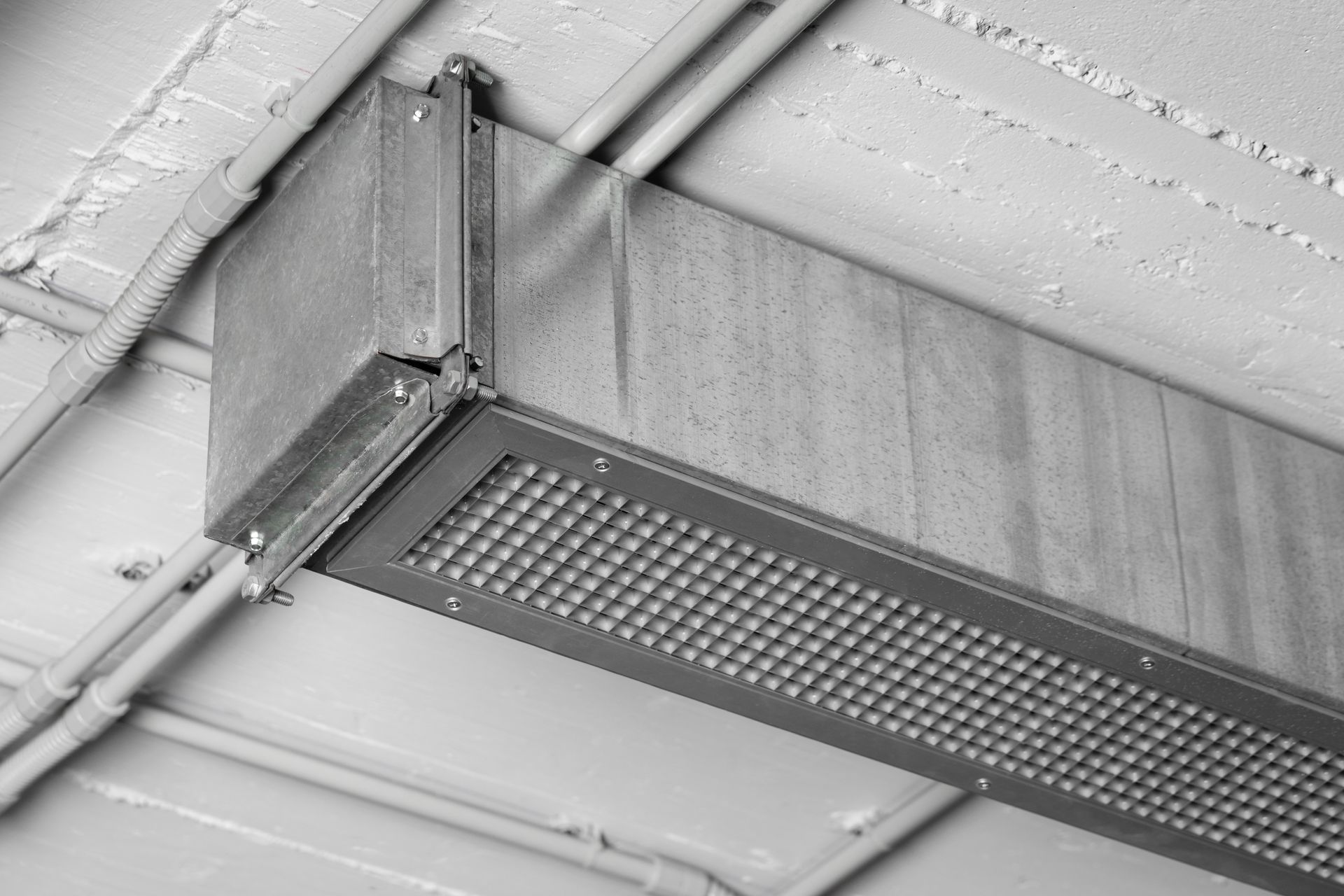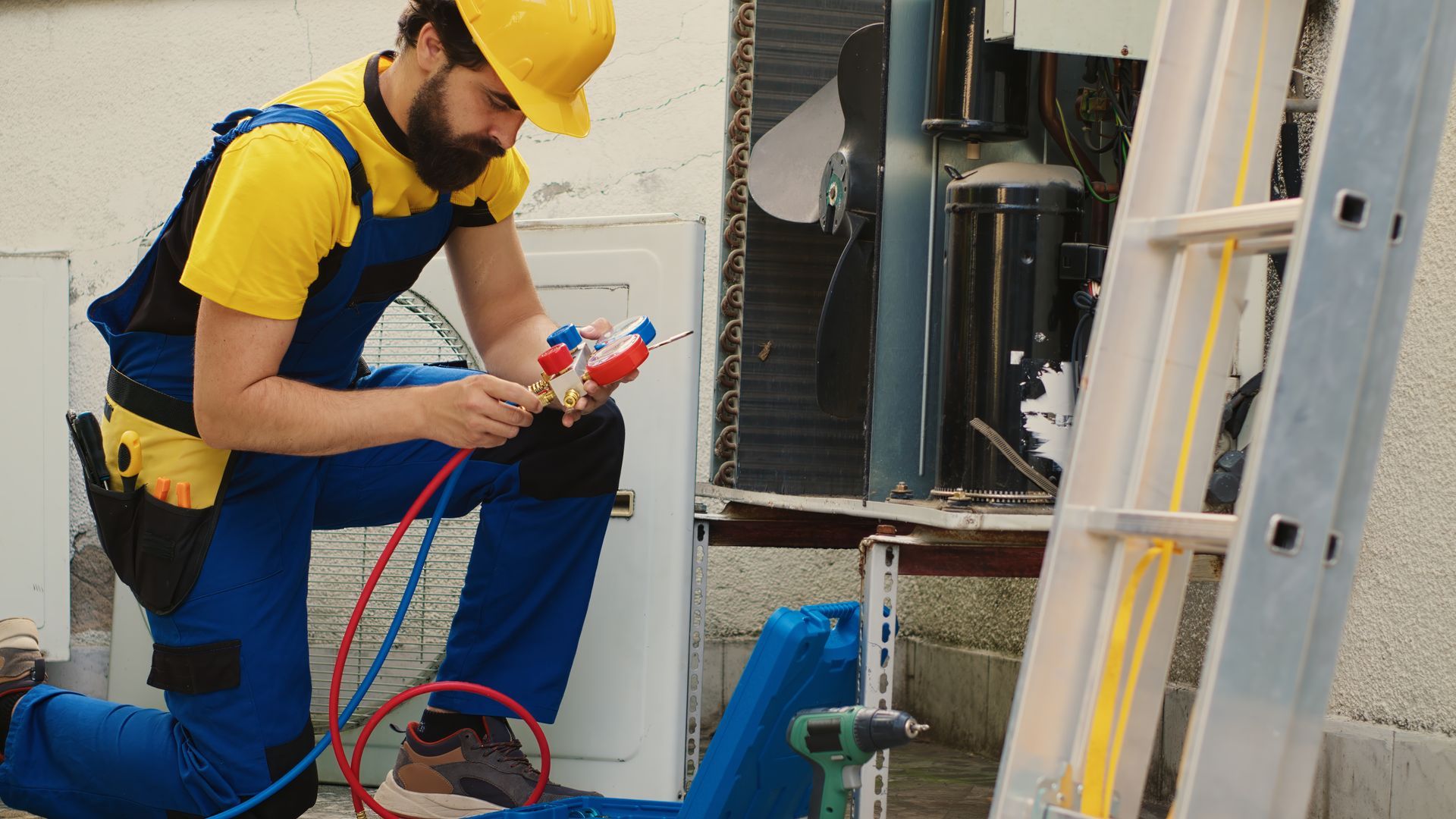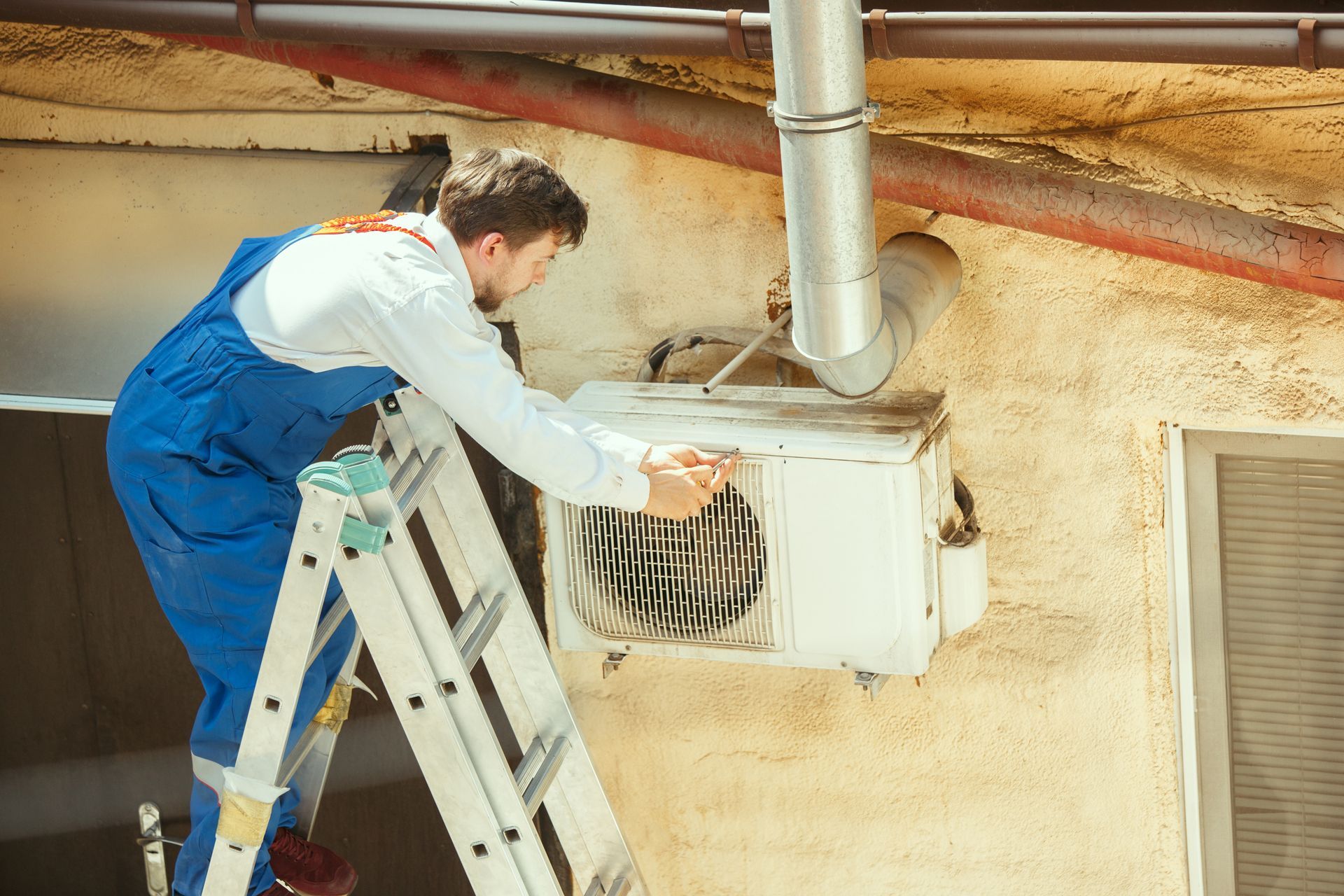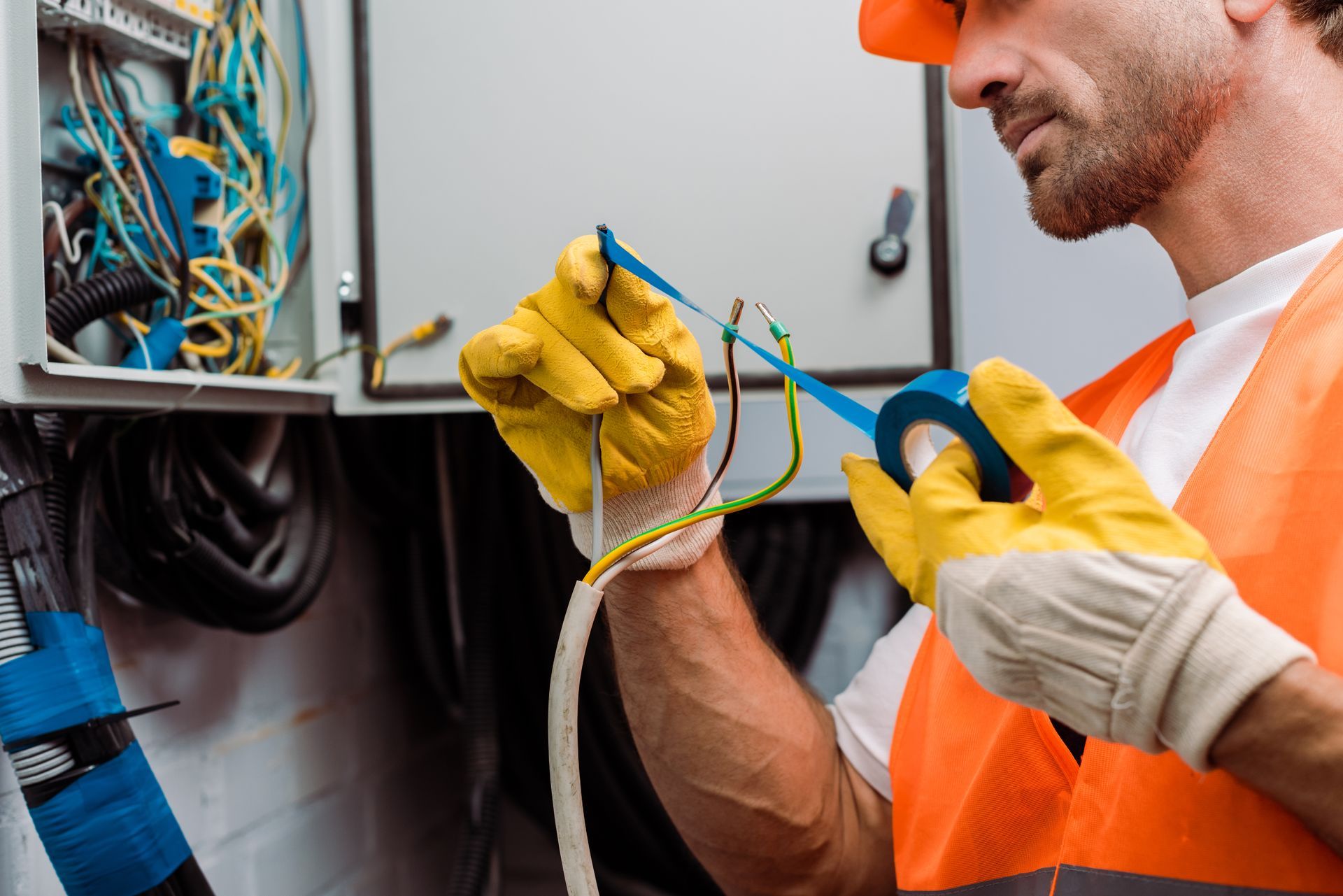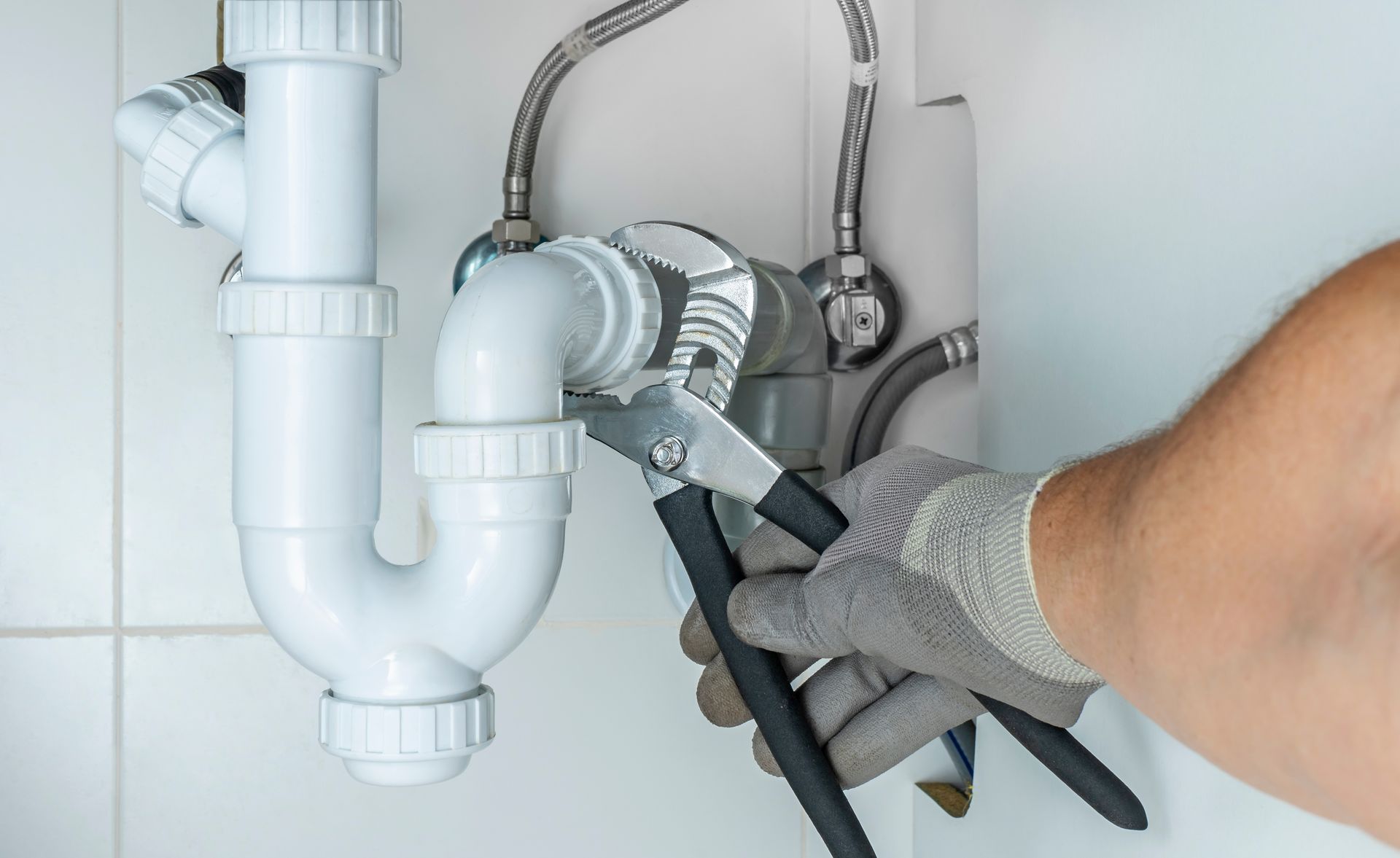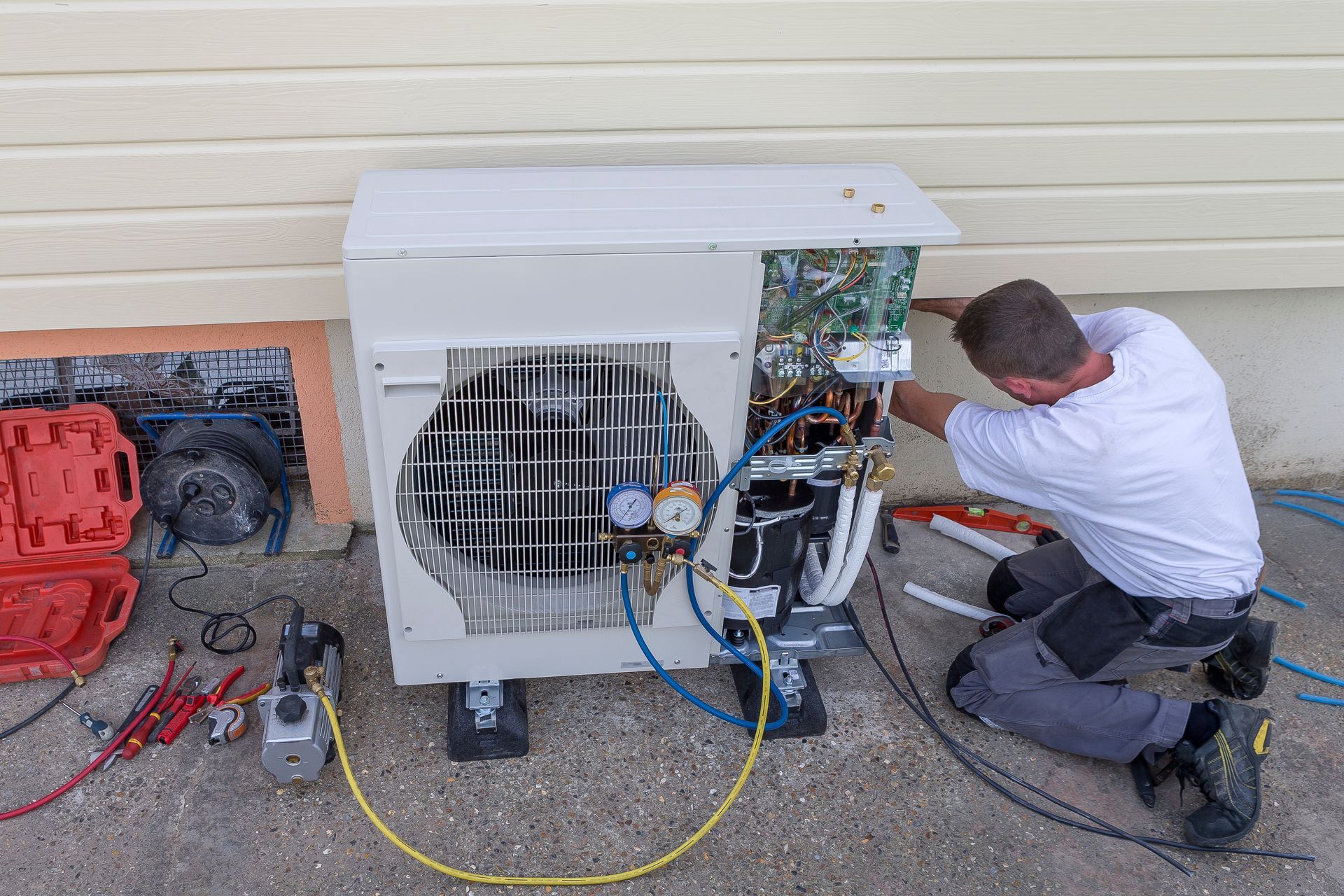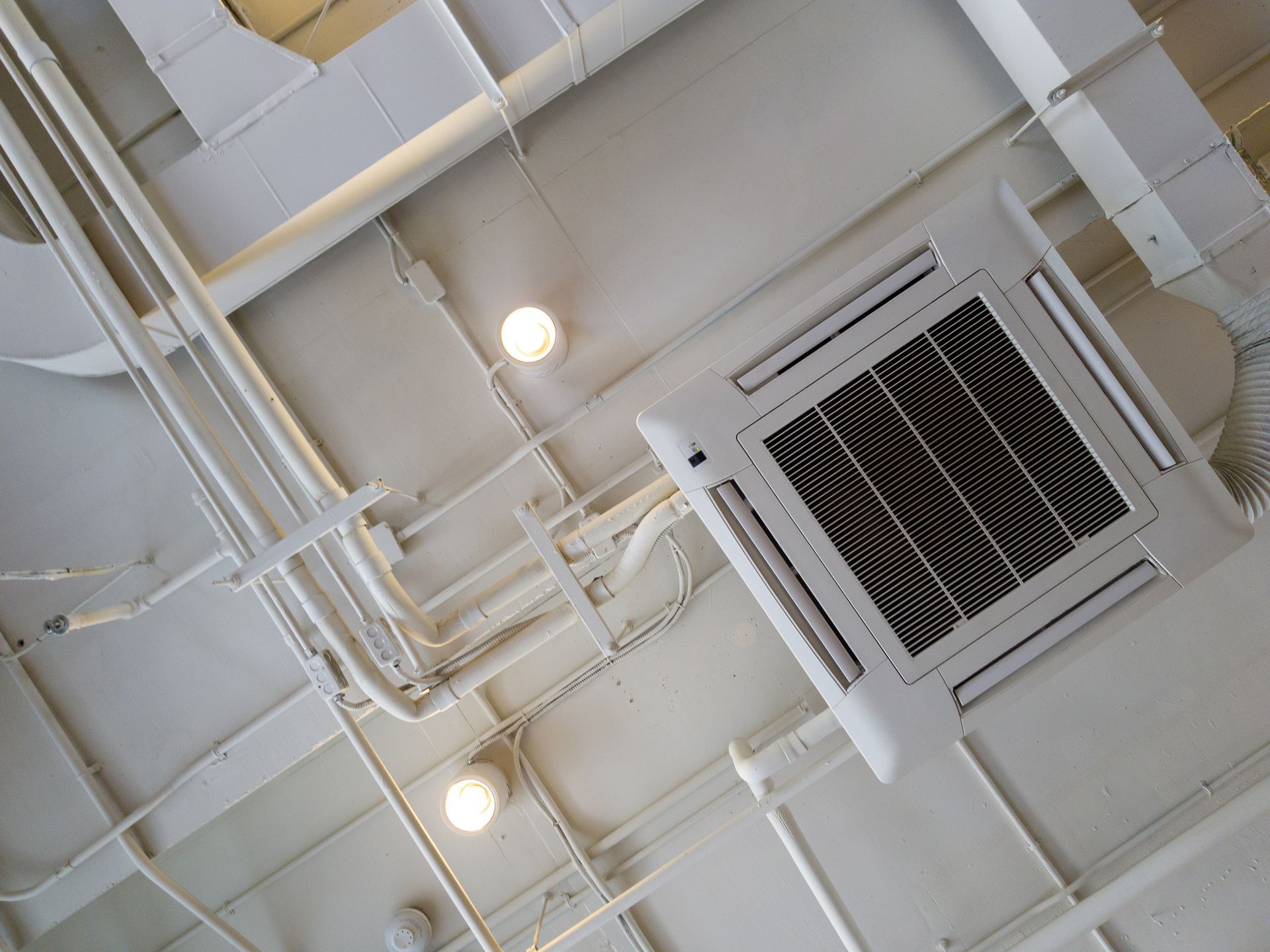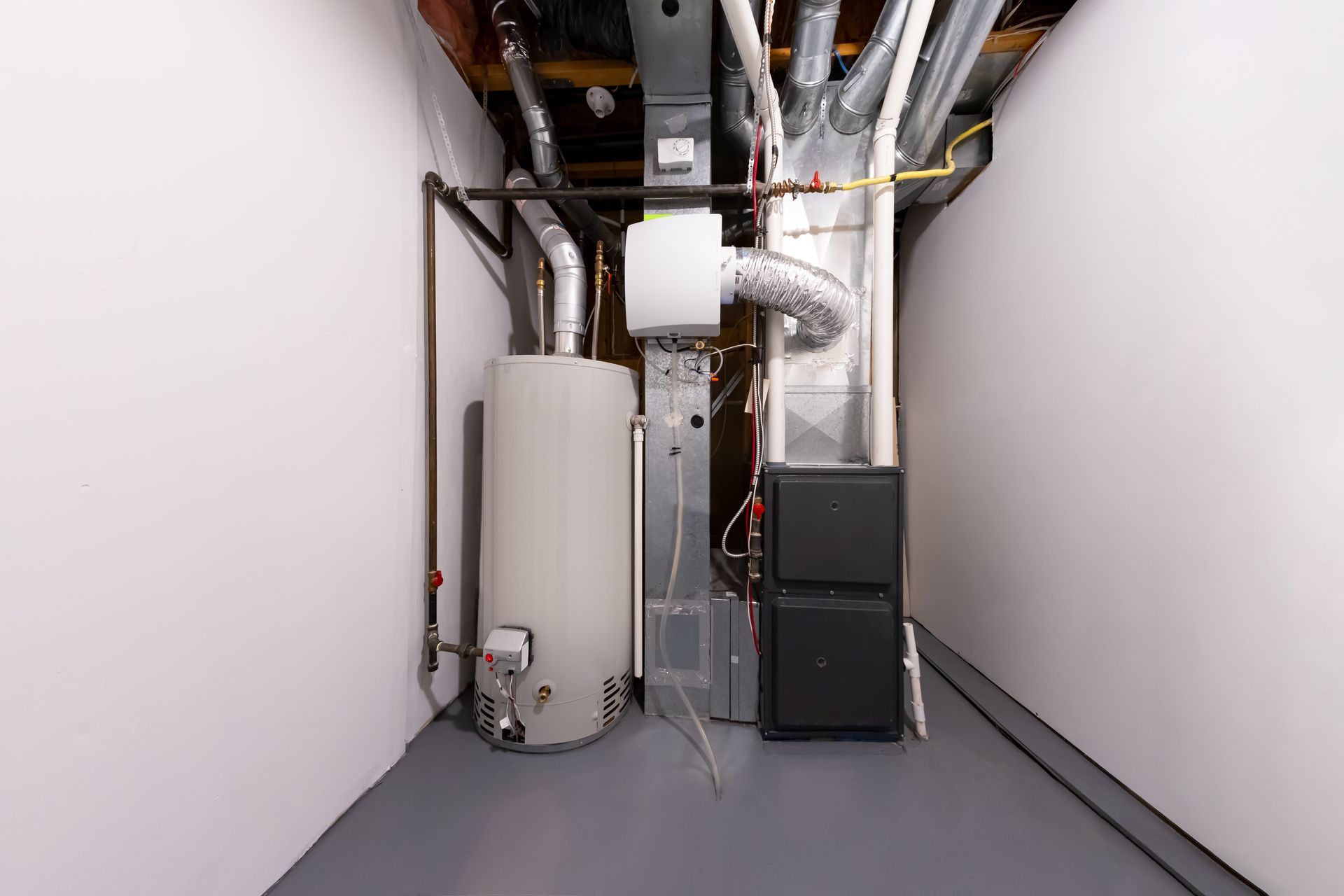Traditional Tank vs Tankless: Choosing the Right Hot Water Heater
When it comes to providing hot water for your home, two primary options dominate the market: traditional tank water heaters and tankless water heaters. Each has its distinct advantages and challenges, leaving homeowners with a difficult choice. In this post, we will explore the differences between traditional tank and tankless heaters, providing you with the insights you need to make an informed decision.
What is a Traditional Tank Water Heater?
A traditional tank water heater is what most people think of when they hear 'water heater.' This system heats water in a large tank, which holds between 30 to 50 gallons. The heated water is stored until needed, ensuring a steady supply of hot water whenever you turn on the tap. However, once the hot water in the tank is used up, it takes a while for the tank to heat up the incoming cold water.
Pros and Cons of Traditional Tank Heaters
Pros:
1. Lower Initial Cost: Traditional tank heaters are typically less expensive upfront, making them a cost-effective choice for homeowners on a budget.
2. Easy to Install: The simplicity of their design makes them easier, and thus cheaper, to install than tankless systems.
3. Dependability: These systems are reliable and can last up to 12 years with regular maintenance.
Cons:
1. Limited Hot Water Supply: Once the stored hot water runs out, you'll have to wait for the tank to heat more water.
2. Inefficiency: Traditional tank heaters continuously heat water, even when not in use, leading to higher energy bills.
3. Space Requirements: These heaters require significant storage space.
What is a Tankless Water Heater?
A tankless system, also known as a demand-type or instantaneous water heater, heats water only when needed. When a hot water tap is turned on, cold water travels through the heater, where it's heated by a gas burner or electric element.
Pros and Cons of Tankless Heaters
Pros:
1. Unlimited Hot Water: Since these heaters warm water on-demand, the hot water supply is virtually unlimited.
2. Energy Efficiency: By heating water only when required, tankless heaters offer significant energy savings, resulting in lower utility bills.
3. Longevity: With regular maintenance, tankless heaters can last up to 20 years, nearly double the lifespan of traditional tank heaters.
Cons:
1. Higher Initial Cost: These systems are more expensive up front, though the energy savings may offset this cost in the long run.
2. Installation Cost: Tankless systems often require larger gas lines and venting changes, resulting in a higher installation cost.
3. Limited Output: They may struggle to supply sufficient hot water for simultaneous uses, such as showering and washing dishes.
Deciding Between a Tank and Tankless Water Heater
When choosing between a tank and tankless water heater, consider your budget, hot water usage, and future plans. If your budget is tight and your hot water demand is average, a traditional tank heater may be the best fit. However, if you're looking to invest in energy efficiency and have a high hot water demand, a tankless heater may be worth the higher upfront cost.
Final Thoughts
Both traditional tank heaters and tankless systems have their merits and demerits. Your choice will depend on your unique circumstances, preferences, and needs. At Paul White HVAC Service, we're here to help you make the right choice. Our team of experts can assess your home's needs, explain your options, and recommend the best hot water heater for you.
Remember, a properly installed and maintained water heater — whether traditional or tankless — can provide many years of reliable service. Contact Paul White HVAC Service today for your installation and maintenance needs.

